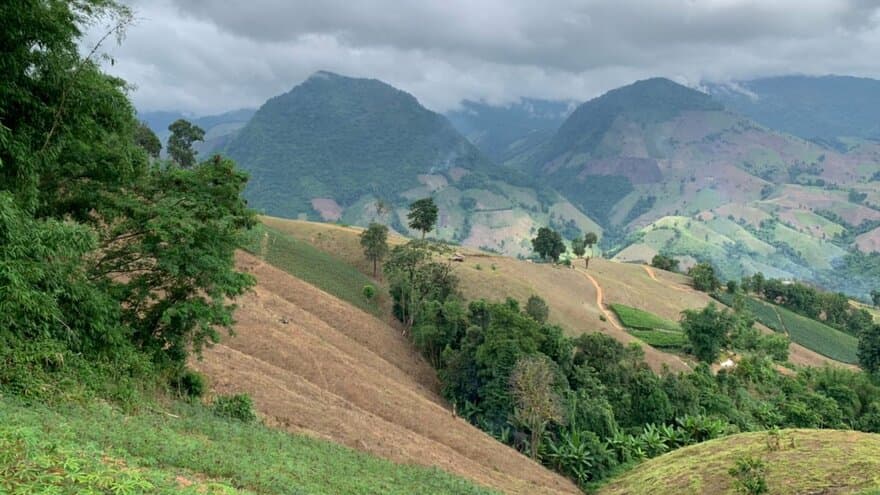About the PANDASIA project
The PANDASIA project aims to find out how pandemics develop from local to global level and how they can be stopped in time.
Through data from local communities in Thailand, the project will create models that can predict the risk of the spread of new infectious diseases through infection from animals to humans.
In addition, it will improve the local population's competence on pandemics and health in general ("pandemic health literacy") in order to reduce infection from animals locally and pandemic risk globally.
Project summary
Project partners
Participants at NMBU


- This project is funded by the European Union’s Horizon Europe research and innovation programme under grant agreement No. 101095444, and by UK Research and Innovation (UKRI) under the UK government’s Horizon Europe funding guarantee (grant No. 10055567).
More about the PANDASIA project
For news, publications and more information, please visit the project website at https://pandasia-project.com/.

